What is Depression?
Depression (Major Depressive Disorder – MDD) is a common and serious medical illness that can rob you of your motivation, confidence and interest in life.
Frequent feelings are intense sadness, anxiety, confusion, guilt, fear and emptiness. Your energy is low and you can no longer concentrate. Decisions are hard to make. You might become uncharacteristically irritable and your relationships with others become strained. Your appetite may have gone way up or way down. Your sleep is disturbed. Suddenly, every minor task appears insurmountable. It may feel like it’s your fault, so you beat yourself up for not trying hard enough. But nothing can be further from the truth.
It’s an illness; not laziness or a reflection of weak character. What’s worse is that it attacks your very spirit- so it cuts very deep and compromises your power to battle it. Sometimes life is so unlivable that you may have considered harming yourself. Depression is not just these symptoms; it’s also the inability to gather the strength and courage to fight against it. Unless you suffer from it yourself, it’s difficult to understand it.

Depression symptoms can vary from mild to severe and can include:
Medical conditions (e.g., thyroid problems, a brain tumor or vitamin deficiency) can mimic symptoms of depression so it is important to rule out general medical causes.
Depression affects an estimated one in 15 adults (6.7%) in any given year. And one in six people (16.6%) will experience depression at some time in their life. Depression can strike at any time, but on average, first appears during the late teens to mid-20s. Women are more likely than men to experience depression. Some studies show that one-third of women will experience a major depressive episode in their lifetime.

Depression Is Different From Sadness or Grief/Bereavement
The death of a loved one, loss of a job or the ending of a relationship are difficult experiences for a person to endure. It is normal for feelings of sadness or grief to develop in response to such situations. Those experiencing loss often might describe themselves as being “depressed.” But being sad is not the same as having depression. The grieving process is natural and unique to each individual and shares some of the same features of depression. Both grief and depression may involve intense sadness and withdrawal from usual activities. However, in normal response to loss and death, people feel better with the passage of time. Clinically depressed individuals get “stuck” in their sadness and cannot get back to themselves.
Risk Factors for Depression
Depression can affect anyone—even a person who appears to live in relatively ideal circumstances.
Several factors can play a role in depression:
- Biochemistry: Differences in certain chemicals in the brain may contribute to symptoms of depression.
- Genetics: Depression can run in families. For example, if one identical twin has depression, the other has a 70 percent chance of having the illness sometime in life.
- Personality: People with low self-esteem, who are easily overwhelmed by stress, or who are generally pessimistic appear to be more likely to experience depression.
- Environmental factors: Continuous exposure to violence, neglect, abuse or poverty may make some people more vulnerable to depression.

If you feel you may have depression please take the self assessment test to
see whether TMS is right for you.
Meditate on a single leaf and all the genius within it.
Your soul is infinitely greater.
